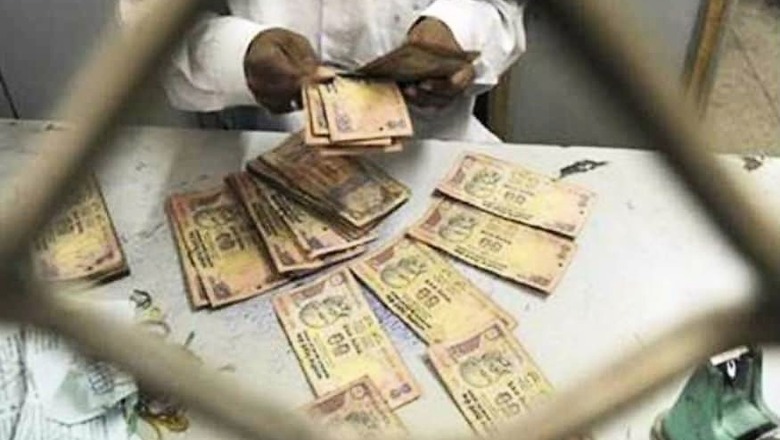
views
NEW DELHI – Minutes after the Centre cleared the 7th pay commission recommendations, value of shares of most the consumer goods' companies went up signaling better sales in the months to come.
Since the pay hike will lead to over Rs. 1 lakh crore or almost US $ 15 Billion surplus money in the market, it may lead to a higher inflation as has happened in the past.
According to the rating agencies, though consumer price index (CPI) inflation may inch up somewhat due to higher prices of services, impact on WPI ( wholesale price index) is likely to be muted due to the counter balance provided by the deflation in commodity prices and the availability of excess capacity in several manufacturing sectors.
It was observed that salaries did not fuel inflation and increase revenue deficit as the country witnessed increased direct and indirect tax collections as a result of higher tax compliance.
According to market experts the sale of consumer goods and gold may go up once the arrears are paid to employees and pensioners. It can also boost sales in automobiles, travel and tourism sector. The stagnant real estate sector can also expect some movement.

Pay Hike Vs Inflation
- The first pay commission report came in 1947 before Independence and was implemented retrospectively from 1946. As per the recommendation of the first pay commission, the minimum wage was then Rs.55 (Rs.30 basic pay plus Rs.25 DA).
- The second pay commission (1959), which was the first such exercise in Independent India, fixed a minimum pay of Rs.80 (Rs.70 basic pay plus Rs.10 dearness allowance or DA) for Central government employees. (CPI IN 1959: 4.61%)
- The third pay commission report submitted in March 1973, three years after it was constituted, pegged the minimum pay at Rs.185 for Central government employees. The government modified it a bit and minimum wage was raised from Rs.185 to Rs.196 per month. (CPI IN 1973: 16.79 %)
- The fourth pay commission recommended a minimum pay of Rs.750 per month for Central government staff. The commission was set up in 1983 and its recommendations came into force from January 1986. (CPI IN 1986: 8.72 %)
- The fifth pay commission increased the minimum pay fromRs.750 to Rs.2,550. The pay commission recommendations came into effect from January 1996. (CPI IN 1996: 8.98 %)
- The sixth pay commission pegged a minimum salary ofRs.6,660, which was revised to Rs.7,000 per month, according to the seventh pay commission. The sixth pay panel recommendations were implemented from January 2006.
- The seventh pay panel has recommended increasing the minimum pay by 2.57 times to Rs.18,000 for Central government employees with the belief that along with other facilities and allowances, this will provide a decent living standard to government employees at the lowest rung.




















Comments
0 comment